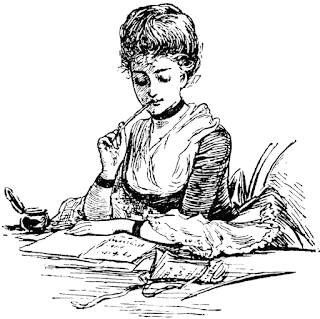As you write, you discover that you are constantly making decisions. Some of these decisions are complex, as when you are trying to shape ideas; other are simple, as when you are trying to select the right words to convey a particular message, a certain way.
Each decision, large or small, affects every other decision you make so that you are continuously adjusting and readjusting your writing to make sure it is consistent, coherent, and clear. You can test the effectiveness of your decisions by measuring them against this dictum:
Each decision, large or small, affects every other decision you make so that you are continuously adjusting and readjusting your writing to make sure it is consistent, coherent, and clear. You can test the effectiveness of your decisions by measuring them against this dictum:
In every writing situation, a writer is trying to communicate a subject to an audience for a purpose.
Initially, think of these three elements as prompters or ways to consider what you want to write about and how you want to write about it. And when you move through planning to drafting and revising, think of your prompters as touchstones, ways to assess what you set out to accomplish.
More importantly, think of them as guidelines, ways to control every decision you make throughout the writing process, from formulating ideas to refining sentences.


